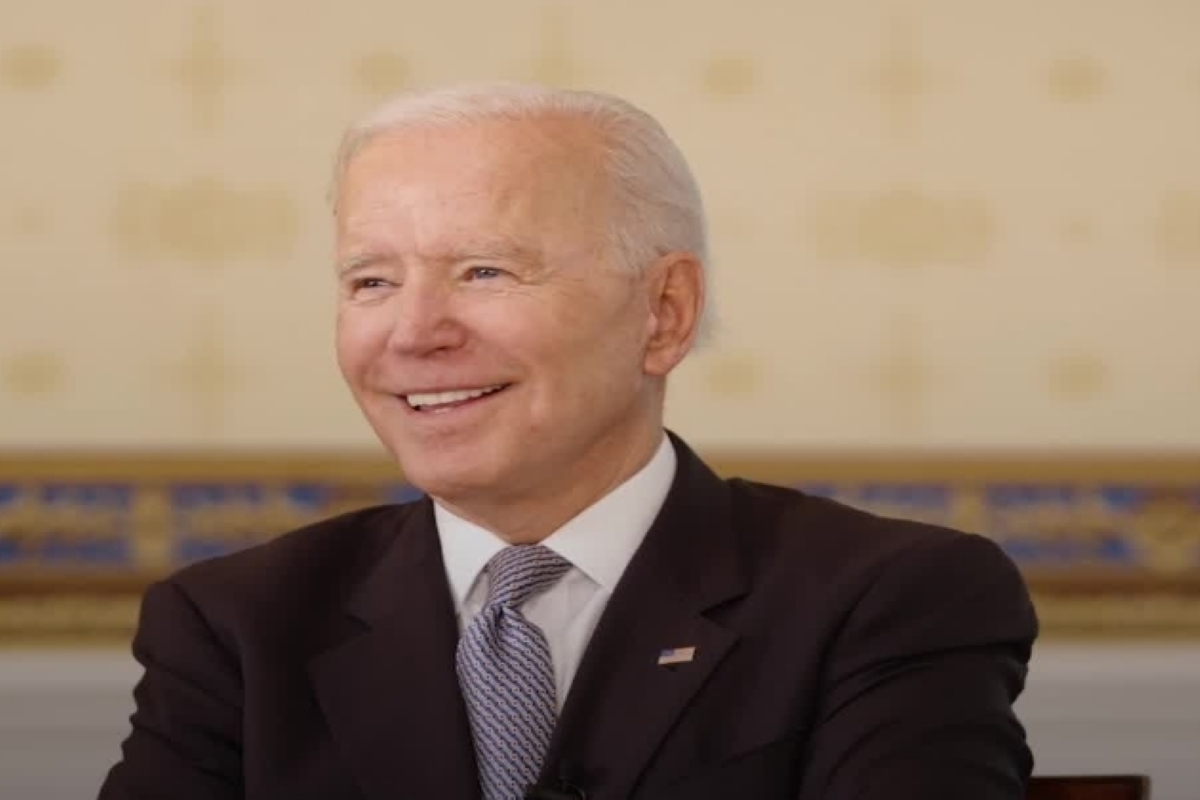President Joe Biden said he would “deliver” a message to his Russian counterpart Vladimir Putin about the ransomware attack as he has to balance his goals of developing a stable relationship with Russia.
The White House says the damage from the latest attack appeared minimal, though cybersecurity experts said information remained incomplete.
Advertisement
The malicious intrusion exploited a powerful remote-management tool run by Miami-based software company Kaseya.
It occurred weeks after Biden made clear to Putin that the US was growing impatient with cyberattacks emanating from Russia.
But Biden finds himself in a difficult position as he seeks to press Putin to crack down on Russian cyber gangs targeting US and international business and dial back Kremlin-connected cyber espionage.
The administration is mindful that punitive actions against Russia can escalate into tit-for-tat exchanges.
The latest hack also comes after some Republicans accused the Democratic President of showing deference to Putin by meeting with him and making America weaker in the process.
Biden met Wednesday with Vice President Kamala Harris and top national security aides to discuss the problem.
As he departed the White House to travel to Illinois, Biden was opaque when asked what exactly he would convey to Putin.
“I will deliver it to him,” Biden told reporters.
A White House National Security Council spokesperson said in a statement on Wednesday that combating ransomware remained a priority, but that the years-long threat “won’t just turn off as easy as pulling down a light switch.”
“No one thing is going to work alone and only together will we significantly impact the threat,” the statement said.
Biden and top administration officials repeatedly said around last month’s meeting with Putin that their goal was building a “predictable,” stable relationship. An all-out cyberwar would seem to work against this goal.
“It’s a very fine line that they have to walk as far as providing some kind of consequence for that behavior without it escalating to where cyberattacks are out of control, or increase it to a conflict that goes beyond the cyberspace,” said Jonathan Trimble, a retired FBI agent and cybersecurity executive.
White House press secretary Jen Psaki said on Tuesday that Russian and US representatives were meeting next week and would discuss the matter.
She said administration officials used Wednesday’s meeting to discuss building resilience to attacks and other efforts to combat the problem, and also addressed policies on payments to hackers.
The administration has yet to attribute the latest major attack to Russians hackers. Psaki did not directly answer how Biden might respond, but said he has “a range of options, should he determine to take action.”
Biden also suggested that he told Putin that he stood ready to retaliate should the Russians go too far.
“I pointed out to him that we have significant cyber capability. And he knows it,” Biden said.
Assuming it can gather the evidence it needs to identify the hackers, the Justice Department can bring indictments – though absent the defendants voluntarily departing Russia, there is little chance of them facing justice in American courts.
Hacks not only from Russians but also the Chinese have continued even after indictments.
There’s also the chance investigators in at least some cases can recover from criminals ransom that has been paid.
James Lewis, a senior vice president at the Center for Strategic and International Studies, said the U.S. has been for too long in a “defensive crouch” when responding to ransomware attacks.
“These are all tough choices and the default position is to be cautious, which is why we keep getting whacked,” Lewis said.











